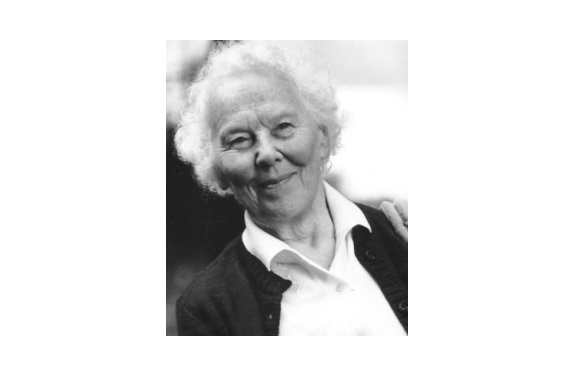Julija Meilutė Matjošaitytė-Lukšienė (1913-2009) was a researcher into Lithuanian literature and the history of education. She was a doctor of social sciences, the initiator and main author of the concept of the National School that was implemented during the Sąjūdis (national movement) period and in the 1990s. The documents in the collection were received in 2009 from her daughter Ingė Lukšaitė, who is the founder of the collection. The collection was started from files related to the concept of the National School. These files were given by Meilė Lukšienė, in order to make the collection available to researchers and members of society who are interested in carrying out research on these issues. All the material is from late Soviet times and the early period of the Lithuanian state, and it is not directly related to cultural opposition. After the death of Meilė Lukšienė, her daughter Ingė transferred a huge number of her files, also including material from the Stalinist and later Soviet periods.
Together with the collections on the Department of Lithuanian Literature and the Central Committee of the Lithuanian Communist Party, the material in the Meilutė Lukšienė collection reveals the contradictory situation of the Lithuanian intelligentsia during the Khrushchev thaw. The events of 1956 in Hungary, protests in Vilnius and Kaunas in the autumn of 1956, the crushing of the department in 1958-1959, the KGB’s attacks against the intelligentsia, the dismissal of the rector of Vilnius University Juozas Bulavas, and the resolution of the Central Committee of the Communist Party of the Soviet Union of 1959 about mistakes made by the Lithuanian Communist Party were all interrelated. The files in the collection include material about Lukšienė's activities from the 1950s, when she worked as head of the Department of Lithuanian Literature at Vilnius University. After Stalin's death, the political climate became easier, and that impacted on the situation in academia and among the intelligentsia. The writer and literature professor Vincas Mykolaitis-Putinas became the moral leader of this activity, but lithuanianisation in everyday activity was promoted by Lukšienė, the head of the department, who some years previously was Putinas' student. According to Vanda Zaborskaitė, a member of the department, Lukšienė’s leadership was crucial in forming a new creative atmosphere in the department. In the collection, we can find files from her work in the department in that period: notes of departmental meetings, and material and texts for lectures on Lithuanian literature. The material shows the discussions about sensitive issues in cultural and intellectual life in Soviet Lithuania. While Khrushchev’s policy of de-stalinisation introduced more possibilities for the representation of the national culture and literature, there were no clear boundaries to the legalisation of some authors from the period of bourgeois Lithuania. The files in the collection reveal the discussions about these boundaries: which of these authors could be legalised, which parts of their work should be recognised and used in the educational process, and what limits should be applied regarding these authors.
It was the initiative of Dr Ingė Lukšaitė to make a collection by transferring files from private papers to the Manuscript Department of the Wroblewski Library of the Lithuanian Academy of Sciences. According to Lukšaitė, there is very little material left about the activities of non-Soviet networks. Being well-known culture figures, and even recognised as creators by the Soviet regime, members of these networks acted semi-legally, and used verbal communication, such as discussions and social occasions. According to Dr Lukšaitė, the collection is a testimony to the non-Soviet activity of the Lithuanian intelligentsia during Soviet times. She argues that it is not easy today to reconstruct the informal activity of the cultural opposition, because it was based on trust and discussion, rather than on written documents. Because of this, the collection lacks documentation, such as minutes of meetings, drafts of talks, and letters with content that reveals non-Soviet attitudes and notions. The collection was not intended to reveal the cultural opposition (it would be hard to find such documents). It was meant to be a testimony to the life and work of Professor Meilė Lukšienė, and to make an archive about educational reform in Lithuania during the post-Soviet transformation. A careful reader can get from the documents in the collection a sense of the problems among the Lithuanian intelligentsia of that time, especially about the above-mentioned affair in the Department of the Lithuanian Language at Vilnius University in the 1950s.

